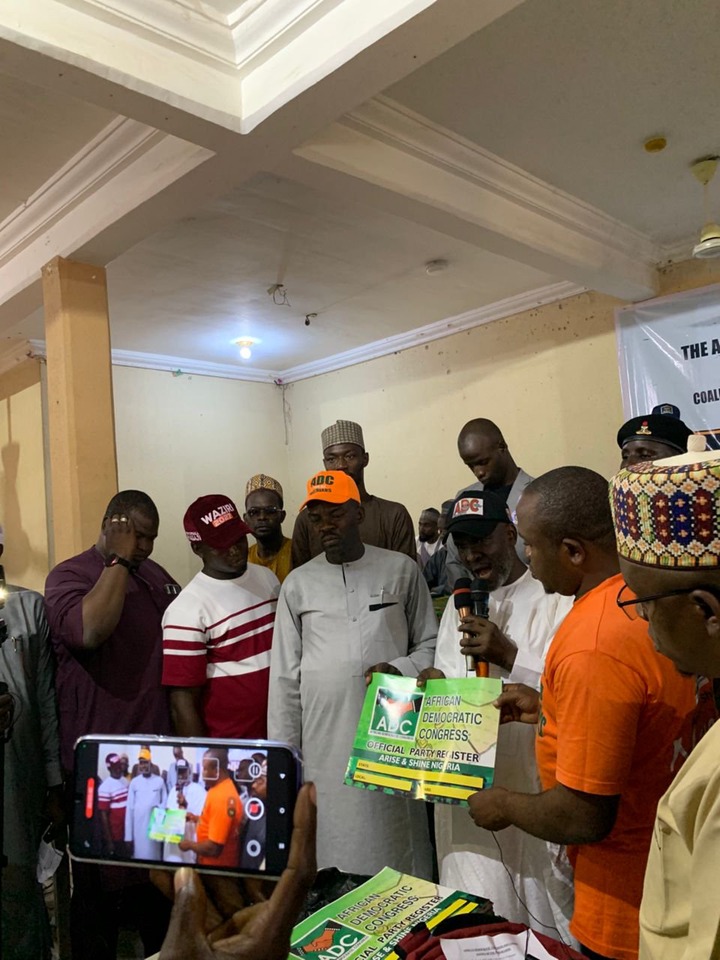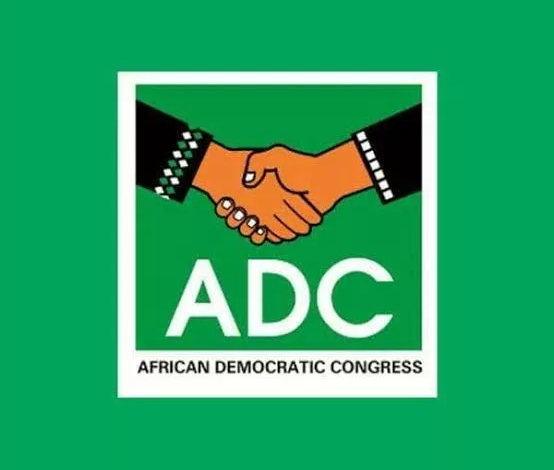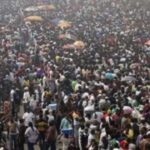The Nigerian masses are growing weary of the oft-repeated threats by the United States government and some other international organisations to impose sanctions on corrupt Nigerian leaders and politicians.. . Continue..Reading. .
Every now and then such threats are made but they are never carried out forcing the masses to ask, why?
A number of these leaders engage in heart-wrenching criminality, depriving those they purport to lead the quality leadership they deserve.
These leaders corner the good of the land to themselves, and for their families. The brand of leaders Nigeria parades is that type that steals what it does not even need. They live in the world of their own in the midst of excruciating poverty in the land.
They siphon the wealth of the country to other countries abroad. They scatter building projects across the country with money the sources of why they cannot justify. A few days ago, at a meeting, discussions centred around the massive buildings in the nation’s high brow cities such as Abuja, Lagos, Port Harcourt among others, where what appears to be stolen wealth are deployed into real estate. These estates are just developed and locked up with their owners not interested in renting them out.
There are some choice places in various parts of Lagos and Abuja where several estates are emerging with magnificent buildings only inhabited by rodents in a country where housing deficit is put at about 28 million and high cost of rent is driving many citizens into hypertension and even death.

Many estates are also springing up in some remote places in Lagos and Abuja by perceived public office holders, hidden from the prying eyes of the masses. Although such areas are not habitable at the moment, they just build to hide their ill-acquired wealth for their unborn children. Meanwhile, many citizens are homeless!
The hubs of these hidden treasures are places like Gwarimpa , Maitama, Katampe, Lugbe, Apo and Gwagwalada- all in Abuja. In Lagos, Ikoyi, Victoria Island and Lekki are the choice places.
Towards the end of last year, the Economic and Financial Crimes Commission (EFCC) seized 753 duplexes in Abuja. The Commission’s refusal to name and shame the property’s owner or reveal the identity of the individual brought the EFCC at a collision course with social activist Omoyele Sowore who accused the agency of protecting “big thieves.”
In Nigeria, small thieves are paraded and made a spectacular of, but big thieves walk freely even when they are known. When they are taken to court, adjournments continue until everybody forgets about their cases.
Such malefactors often find their way back to plum federal appointments despite their criminal records. Ours is a system that pampers evil doers. While those who steal to satisfy their hunger are punished excessively, those who put them in that situation are worshipped in society.
A few days ago, the US mission in Nigeria said it would bar government officials and other high-profile individuals from entering the United States if they are found to be corrupt.
In a post on social media platform, X, it warned that they risk visa restrictions in what is described as part of Washington’s broader push for accountability and good governance.
Although a few individuals have, in the past, faced some forms of punishment, the dragnet is not encompassing enough. Greater number of those who are deserving of these sanctions are not punished.
The latest US warning comes as Nigerian transparency advocates lamented alleged mismanagement of public funds and abuse of office across all levels of government.
Only last month, London-based independent policy institute, Chatham House, warned that despite 25 years of reform attempts, corruption remains embedded in Nigeria’s institutions.
It said the impact on society was both devastating and multifaceted, undermining the country’s democracy, eroding economic prosperity, and negatively impacting growth.
Apart from stealing of public funds, there are other legions of reasons why such sanctions are desirable in Nigeria. There is too much impunity and abuse of human rights. The poor is daily being trampled upon by the rich. The nation’s institutions have, more than at any other period since 2011, come under heavy allegation of losing their relevance. They may have deviated from the original raison d’etre.
Recently, President Donald Trump threatened to impose sanctions on corrupt judges in Nigeria and other countries following the recent sanctioning of Brazilian Supreme Court Justice Alexandre de Moraes.
The threat came shortly after the U.S. Department of State, invoking the Global Magnitsky Human Rights Accountability Act, sanctioned Justice Moraes for alleged human rights violations. These include politically-motivated detentions and suppression of free speech.
But it would seem that these warnings by the United States of America and the United Kingdom are being taken with a pinch of salt by many Nigerians who are even saying that the stolen wealth is found in various places in the West and allowed to stay there by the governments of such countries. They also believe that the US and UK do not need to look far before finding where the stolen monies are being taken to.
Many Nigerians will be taken these threats more seriously when they begin to see “heads rolling”. But for now, it is all about rhetoric, “all motion, no movement.”If You’re Reading From Phoenix Click On Read Original at the top To Read Full Article





